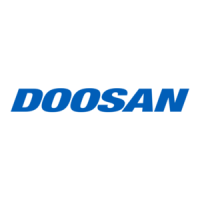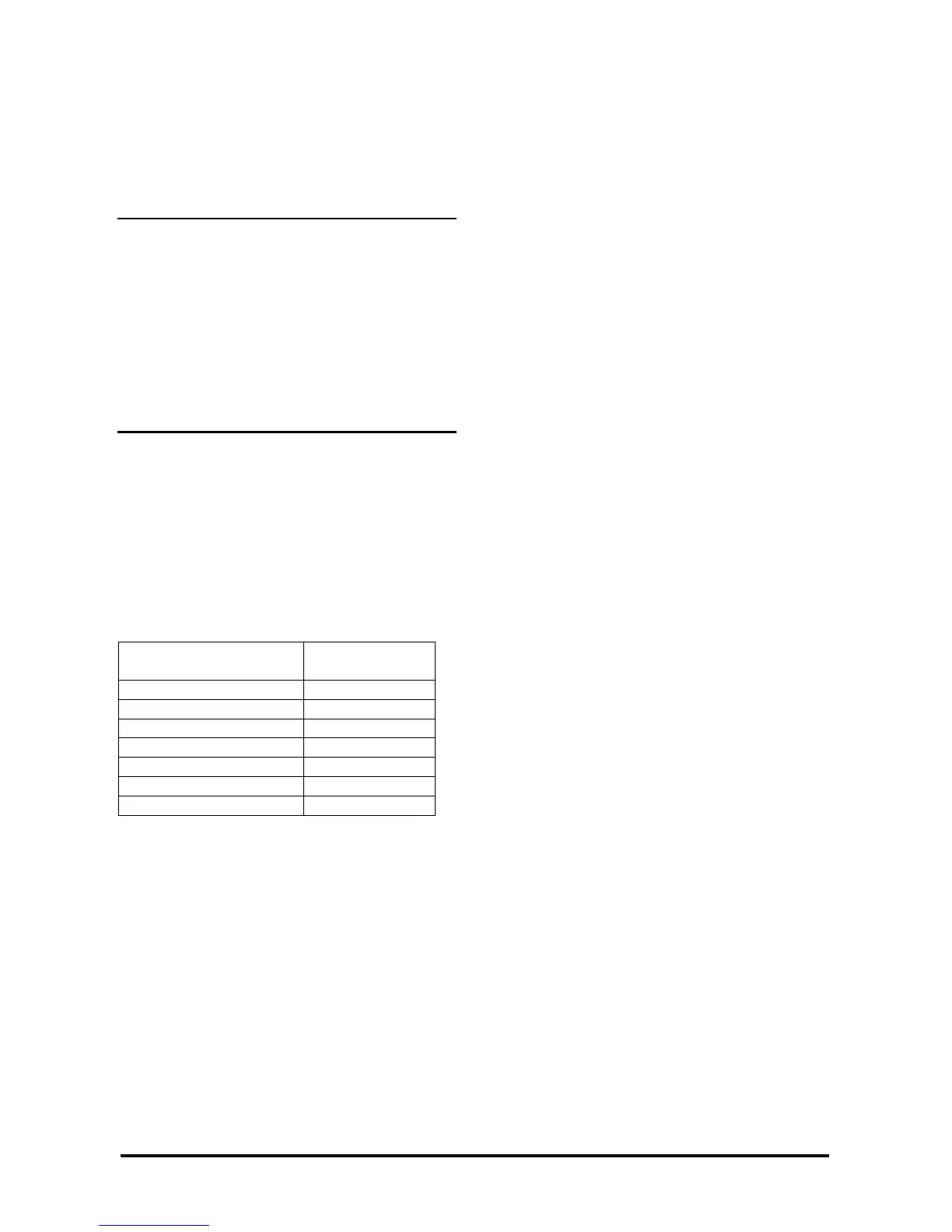Maintenance Section
-176-
Fuel Specifications
General Fuel Information
Use only fuel as recommended in this section.
NOTICE
Fill the fuel tank at the end of each day of operation
to drive out moisture laden air and to prevent
condensation. Maintain a constant level near the
top of the day tank to avoid drawing moisture into
the tank as the level decreases.
Do not fill the tank to the top. Fuel expands as it
gets warm and can overflow.
Do not fill the fuel filters with fuel before installing
them. Contaminated fuel will cause accelerated
wear to the fuel system parts.
Drain the water and sediment from main fuel
storage tank before it is refilled. This will help
prevent water and/or sediment from being pumped
from the fuel storage tank into the engine fuel tank.
Diesel Fuel Specifications
Diesel fuel should comply with the following
specifications. The table lists several worldwide
specifications for diesel fuels.
Diesel Fuel
Specification
Location
ASTM D975 No.1D/2D USA
EN590:96 EU
IS0 8217 DMX International
BS 2869-A1 or A2 United Kingdom
JIS K2204 Grade No. 2 Japan
KSM-2610 Korea
GB252 China
Additional Technical Fuel Requirements
z The fuel cetane number should be equal to 45 or
higher.
z The sulfur content must not exceed 0.5% by
volume. Less than 0.05% is preferred.
z For electronically controlled engines, for example
4TNV98-ZSDF, it is mandatory to use fuel that
does not contain 0.1 % or more sulfur content.
z In general, using a high sulfur fuel may possible
result in corrosion inside the cylinder.
z Especially in U.S.A. and Canada, Low Sulfur
(300-500mglkg sulfur content) or Ultra Low Sulfur
fuel should be used.
z Bio-Diesel fuels. See Bio-Diesel Fuels on next
page.
z NEVER mix kerosene, used engine oil, or
residual fuels with the diesel fuel.
z The water and sediment in the fuel should not
exceed 0.05% by volume.
z Keep the fuel tank and fuel-handling equipment
clean at all times.
z Poor quality fuel can reduce engine performance
and / or cause engine damage.
z Fuel additives are not recommended. Some fuel
additives may cause poor engine performance.
z Consult your Doosan representative for more
information.
z The ash content must not exceed 0.01% by
volume.
z The carbon residue content must not exceed
0.35% by volume. Less than 0.1 % is preferred.
z The total aromatics content should not exceed
35% by volume. Less than 30% is preferred.
z The PAH (polycyclic aromatic hydrocarbons)
content should be below 10% by volume.
z The metal content of Na, Mg, Si, and Al should
be equal to or lower than 1 mass ppm.
z Lubricity: The wear mark of WS1.4 should be
Max. 0.01 8 in (460 pm) at HFRR test.
Bio-Diesel Fuels
In Europe and in the United States, as well as
some other countries, non-mineral oil based fuel
resources such as RME (Rapeseed Methyl Ester)
and SOME (Soybean Methyl Ester), collectively
known as FAME (Fatty Acid Methyl Esters), are
being used as extenders for mineral oil derived
diesel fuels.
Doosan approves the use of bio-diesel fuels that do
not exceed a blend of 5% (by volume) of FAME
with 95% (by volume) of approved mineral oil
derived diesel fuel. Such bio-diesel fuels are known
in the marketplace as B5 diesel fuels.

